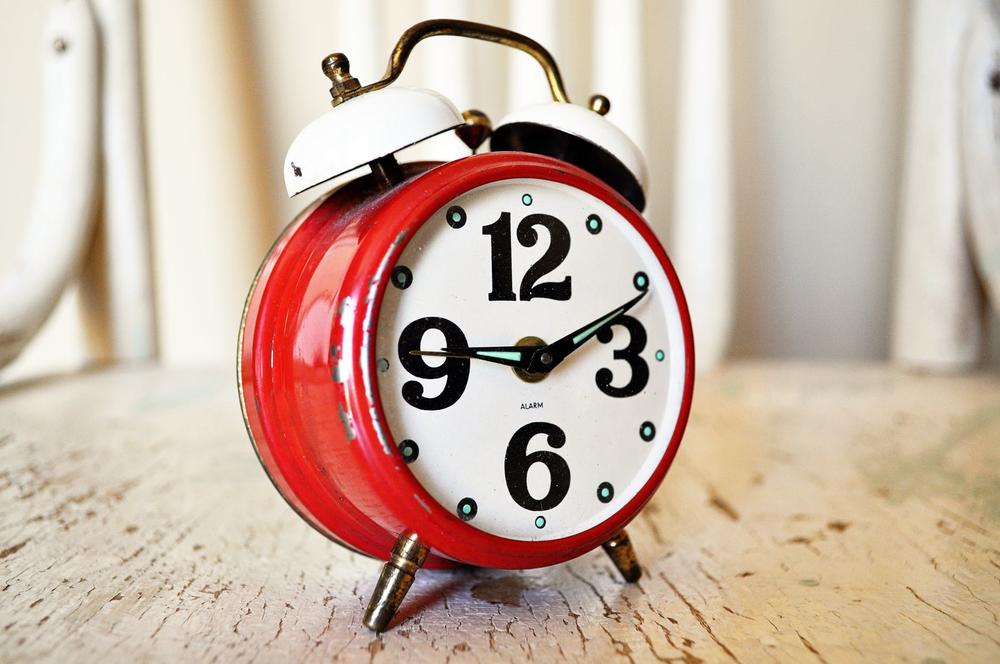
Section Branding
Header Content
It's time to 'spring forward' this weekend in most of the U.S.
Primary Content

Even though winter doesn't slip away until next weekend, time has its marching orders. In the United States, it's time to "spring" forward.
Daylight saving time announces its entrance at 2 a.m. local time Sunday for most of the country. Standard time hibernates until Nov. 6. It will stay lighter for longer into the evening but the sun will rise later in the morning than it has during the months of standard time.
Remember to set clocks an hour ahead, usually before bed Saturday night.
No time change is observed in Hawaii, most of Arizona, Puerto Rico, the U.S. Virgin Islands, American Samoa, Guam and the Northern Marianas.
A poll conducted last October shows that most Americans want to avoid switching between daylight saving and standard time, though there is no consensus behind which should be used all year.
The poll from The Associated Press-NORC Center for Public Affairs Research found only 25% of Americans said they preferred to switch back and forth between standard and daylight saving time.
Forty-three percent of Americans said they would like to see standard time used during the entire year. Thirty-two percent say they would prefer that daylight saving time be used all year.
___
The AP-NORC poll of 1,083 adults was conducted Oct. 21-25 using a sample drawn from NORC's probability-based AmeriSpeak Panel, which is designed to be representative of the U.S. population. The margin of sampling error for all respondents is plus or minus 4 percentage points.

